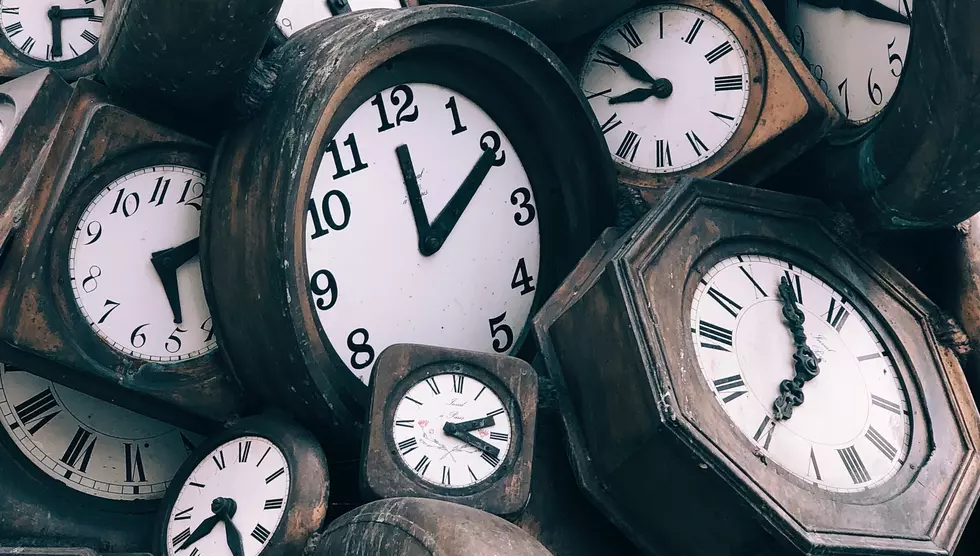
Daylight Saving Time – Make Sure To Spring Forward
Daylight Saving Time (DST) visits us twice a year. DST's annual visit around spring time means we must set our clocks one hour ahead of time for when the time change takes affect on Sunday morning.
While losing an hour is a drawback, this first round of Daylight Saving Time gives us more sunlight for longer days, until we have to set our clocks back one hour in the fall.
So, why do we observe Daylight Saving Time and when did it originate?
In this article, we can trace Daylight Saving Time back to 1784, when Benjamin Franklin first suggested it. He wanted to economize the use of candles. But some say the modern version of DST was proposed by George Vernon Hudson, an entomologist from New Zealand. In a presentation to the Wellington Philosophical Society in 1895, he proposed a two-hour daylight saving shift. But his idea was never followed through.
Then, in 1905, William Willett proposed something different. Willett wanted to move the clocks 20 minutes forward for each of the four Sundays in the month of April, then do the opposite on four Sundays in September. Robert Pearce then got ahold of Willett's plan and proposed a bill to the House of Commons in 1908. Pearce's legislation, though, never made it through Parliament. He died in 1915.
But when the two World Wars came along, so came Daylight Saving Time. WWI saw DST adopted to replace artificial lighting. This was to save fuel for the war effort in Germany. After DST stopped being recognized again after WWI, it made its return during WWII as an energy saving aspect.
In an almost 20-year period after WWII, trains, buses and the broadcasting industry in the U.S. had a hard time adjusting to Daylight Saving Time. Many states and localities were choosing when and if they would observe DST. That's when Congress stepped in to help clear up the confusion with the Uniform Time Act of 1966.
The implementation of Daylight Saving Time has been through many revisions since then, with it last being amended in 2005.
So, what is the purpose of still observing Daylight Saving Time?
In addition to saving energy and reducing the need for artificial light, some argue DST can be linked to fewer road accidents and injuries. Some say it gives children an extra hour to socialize with others. Some even say it's helpful to the tourism industry.
But there are arguments made against Daylight Saving Time as well.
Whatever your feelings about Daylight Saving Time are, don't forget to set your clocks forward one hour this weekend.
For more on Daylight Saving Time, click HERE.
More From News Talk 96.5 KPEL









